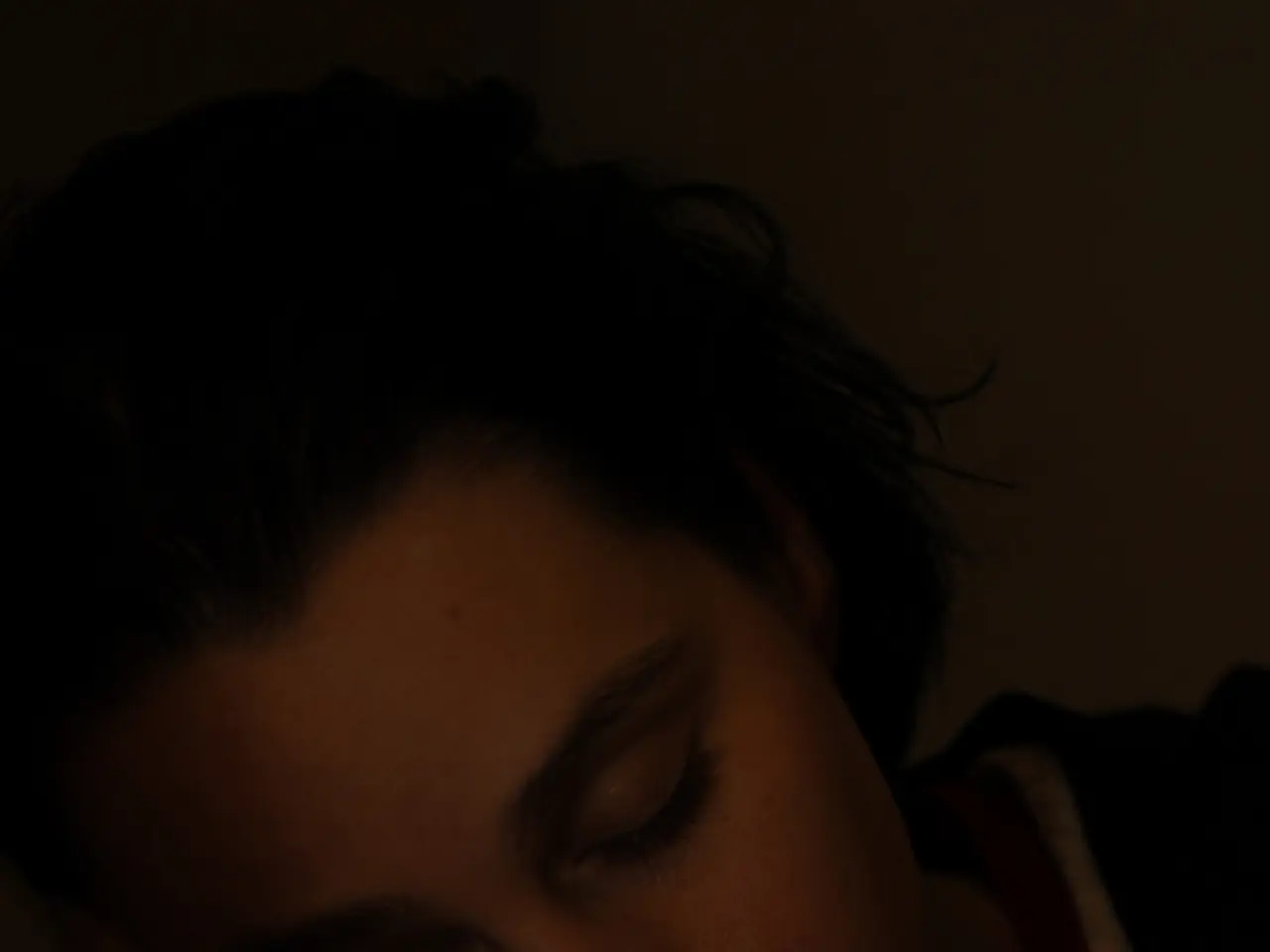Exploring the Intricate Connection Between Sleep Apnea and Anxiety: Unraveling the Bond and Seeking Relief Strategies
In the intricate dance of health conditions, the relationship between sleep apnea and anxiety is a captivating duet. Both conditions can intensify each other's symptoms, making diagnosis and treatment a delicate ballet. Understanding this interplay is vital for effective management of both conditions.
Sleep apnea and anxiety often coexist, creating a vicious cycle. Sleep apnea, a sleep disorder characterized by repeated interruptions in breathing during sleep, can disrupt sleep quality, leading to fatigue, irritability, and difficulty concentrating. These symptoms can, in turn, intensify anxiety symptoms. Conversely, anxiety can make it harder to fall asleep or stay asleep, potentially worsening sleep apnea symptoms.
Both conditions share common symptoms such as sleep disturbances, irritability, and mood swings, which can complicate diagnosis. Chronic stress increases cortisol levels, interfering with sleep and exacerbating both conditions. Poor sleep hygiene, such as irregular sleep schedules and excessive screen time before bed, can contribute to both sleep apnea and anxiety. Other health issues, like obesity, can increase the risk of sleep apnea, which in turn may worsen anxiety.
Effective treatment requires a comprehensive approach. Collaboration between sleep specialists and mental health professionals is essential to address both the physical and psychological aspects of sleep apnea and anxiety. Continuous Positive Airway Pressure (CPAP) therapy, the primary treatment for moderate to severe sleep apnea, has been shown to have positive effects on mental health. Cognitive Behavioral Therapy (CBT), a highly effective treatment for both anxiety and depression, can also be applied to improve sleep hygiene and adherence to CPAP therapy for those with comorbid sleep apnea.
Lifestyle changes, such as implementing healthy sleep habits, reducing stress, and maintaining a regular sleep schedule, can help manage both conditions. Regular exercise, maintaining a healthy diet, and avoiding alcohol and sedatives before bedtime can improve sleep quality and reduce symptoms of anxiety and depression.
Weight loss can be beneficial for individuals with sleep apnea, as it can help reduce the severity of the condition. As research in this field continues to evolve, more targeted and effective treatments for the interconnected conditions of sleep apnea, anxiety, and depression are likely to be developed.
Seeking help is a sign of strength, not weakness. With proper diagnosis and treatment, many individuals with sleep apnea and comorbid anxiety or depression can experience significant improvements in their quality of life. It's important to remember that each person's journey is unique, and treatment should be tailored to the individual's specific needs and circumstances.
- Science has shown a connection between sleep apnea and anxiety, both conditions often co-existing in a vicious cycle.
- Common symptoms like sleep disturbances, irritability, and mood swings can make it challenging to diagnose these comorbid conditions.
- Chronic stress increases cortisol levels, interfering with sleep and potentially exacerbating both sleep apnea and anxiety.
- Effective treatment involves collaboration between sleep specialists and mental health professionals, addressing both the physical and psychological aspects.
- CPAP therapy and Cognitive Behavioral Therapy (CBT) can be effective treatments, improving sleep quality and reducing symptoms of anxiety and depression.
- Changes in lifestyle, such as implementing healthy sleep habits, reducing stress, and maintaining a regular sleep schedule, are key to managing both sleep apnea and anxiety.




